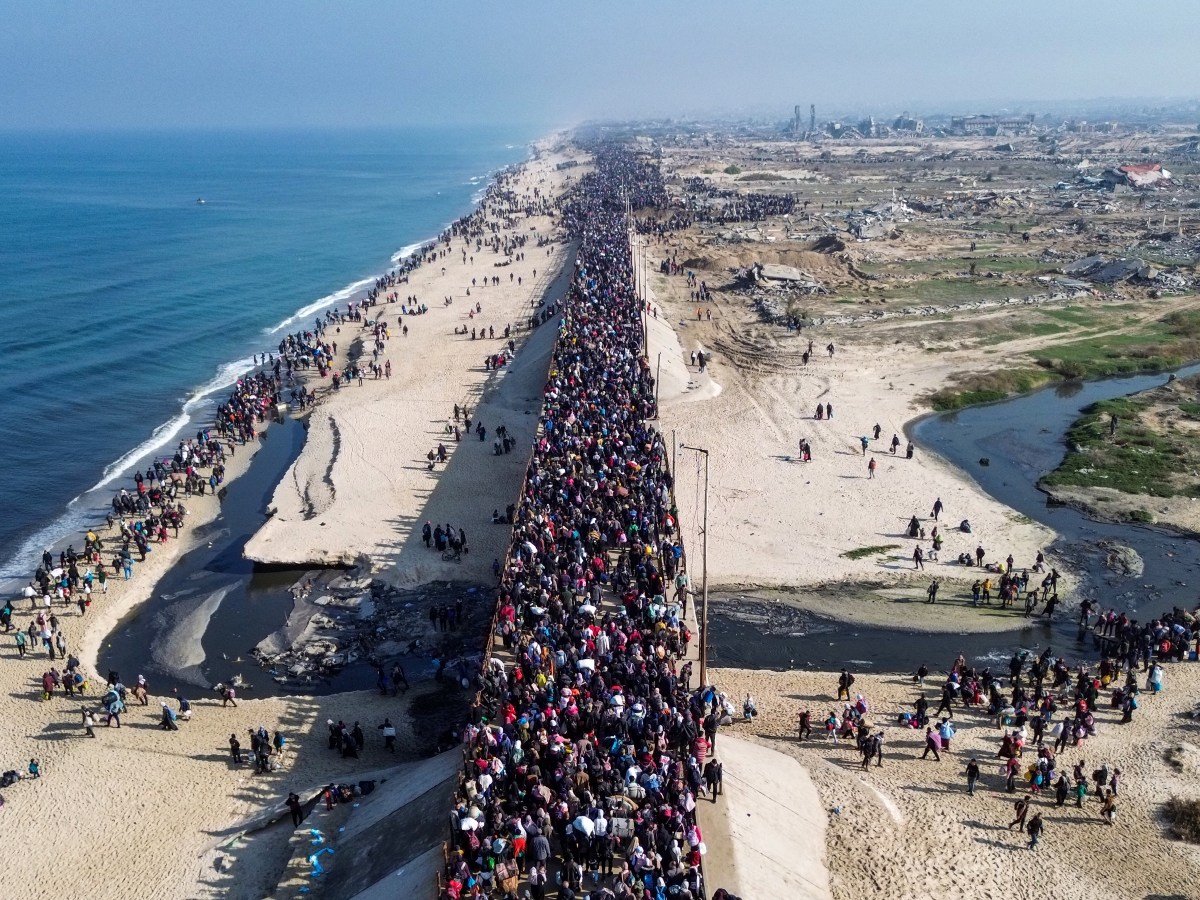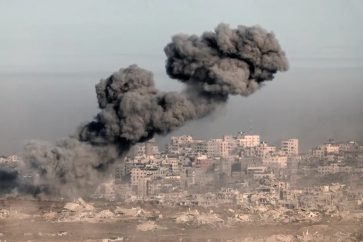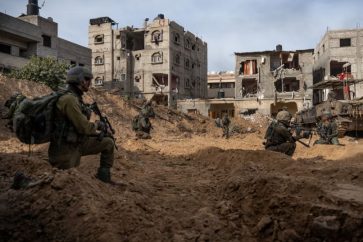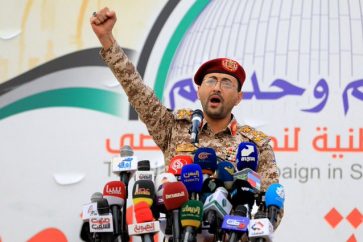As the drained Gaza Strip faces severe restrictions on humanitarian aid, including the blocking of vital fuel supplies, US President Donald Trump’s recent statements add further tension to an already volatile situation.
An article in the Israeli Haaretz newspaper describes Trump’s recent statements and interventions as ‘tempting fate’, warning that they could derail the ceasefire agreement in Gaza and disrupt the prisoner exchange process.
Zionist analyst Amos Harel, writing for Haaretz, refers to Trump as an “unpredictable force” whose actions risk intensifying the crisis. Trump’s call for the release of prisoners in a single batch, diverging from the previously agreed incremental approach, represents a radical shift in negotiations that could have dangerous consequences.
While many in the Zionist entity, particularly those supporting the prisoner exchange deal, had placed their hopes on Trump, Harel notes that they now share the “painful frustration” previously felt by critics, especially those from the right-wing factions.
Trump threatens to withhold aid from Jordan and Egypt if they refuse his proposal to transform Gaza into a tourism hub, amid ongoing tensions over Palestinian relocation. pic.twitter.com/fROjKGckWI
— News Now (@NewsNowUS) February 11, 2025
Rising Right-Wing Optimism and Potential Fallout
The article further highlights how right-wing factions in the Zionist entity have embraced Trump’s remarks, seeing them as an opening for Zionist Prime Minister Netanyahu to retract his commitments and take military action against Hamas. However, Harel cautions that such action could lead to the deaths of dozens of prisoners still held in Gaza.
In conclusion, Harel dismisses the right-wing optimism surrounding Trump’s intervention, stressing that military force is unlikely to change Hamas’s stance, particularly as the group has nothing left to lose.
He suggests that Trump’s motivations may include securing a significant regional achievement, such as ending the Gaza conflict, facilitating normalization with the Israeli enemy’s regional neighbors, or even securing a Nobel Peace Prize.
Limited Aid and Severe Shortages
In a blatant escalation of restrictions, Israeli occupation forces have blocked the entry of commercial fuel into Gaza, despite clear stipulations in the humanitarian protocol.
Sources within Gaza confirmed to Al-Jazeera that the occupation has also halted the supply of fuel for essential services, including civil defense and municipal vehicles required for crucial road repairs and debris removal.
Additionally, no commercial fuel has been allowed to enter the enclave, exacerbating the ongoing humanitarian crisis.
The same sources revealed that only around 53,000 tents have been allowed into Gaza out of the agreed 200,000, and none of the 60,000 caravans required for shelter have been delivered. They also noted that only 4 heavy vehicles have been permitted to enter for debris removal and body retrieval, despite the sector’s need for 500 such vehicles.
In addition, the Israeli occupation has prevented the entry of construction materials needed for rebuilding hospitals and civil defense centers. Gaza’s Rashid Street remains closed to vehicles, and crossing checks continue on Salah Al-Din Street following the expiration of the 22-day deadline. No power station equipment has been allowed to enter, hindering repairs and the restoration of the power grid.
Source: News Agencies (edited and translated by Al-Manar English website team)




